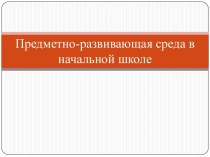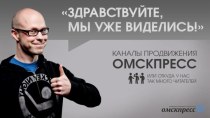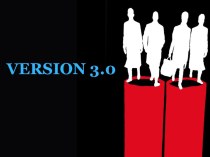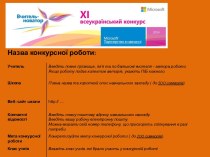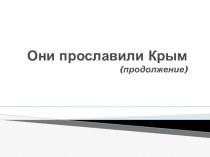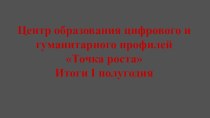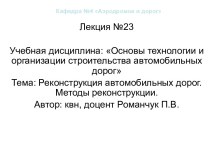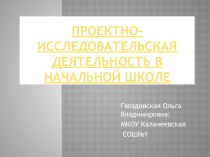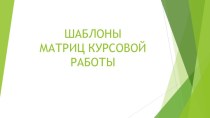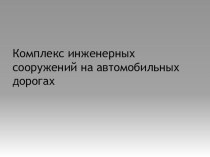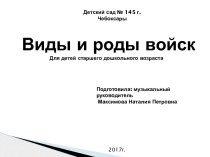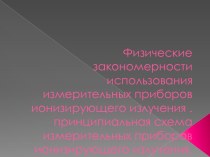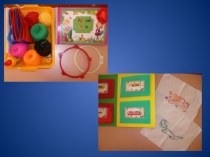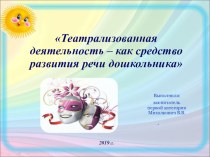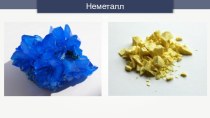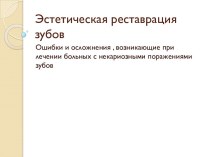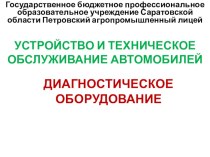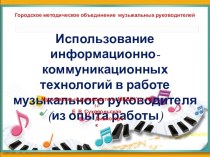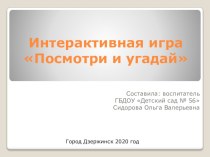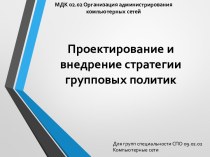- Главная
- Разное
- Бизнес и предпринимательство
- Образование
- Развлечения
- Государство
- Спорт
- Графика
- Культурология
- Еда и кулинария
- Лингвистика
- Религиоведение
- Черчение
- Физкультура
- ИЗО
- Психология
- Социология
- Английский язык
- Астрономия
- Алгебра
- Биология
- География
- Геометрия
- Детские презентации
- Информатика
- История
- Литература
- Маркетинг
- Математика
- Медицина
- Менеджмент
- Музыка
- МХК
- Немецкий язык
- ОБЖ
- Обществознание
- Окружающий мир
- Педагогика
- Русский язык
- Технология
- Физика
- Философия
- Химия
- Шаблоны, картинки для презентаций
- Экология
- Экономика
- Юриспруденция
Что такое findslide.org?
FindSlide.org - это сайт презентаций, докладов, шаблонов в формате PowerPoint.
Обратная связь
Email: Нажмите что бы посмотреть
Презентация на тему First aid for burns and fractures.
Содержание
- 2. First aid – a complex of urgent measures to save human life.
- 3. Degree burnsFirst – the skin at the
- 4. 1. Remove the heat source (fire, hot
- 5. First aid for chemical burn1. To remove
- 6. First aid for fractureIn fractures of the
- 7. At the fracture of the handHand easier
- 8. At the fracture of the shoulder, clavicle,
- 9. At the fracture legBind the injured leg
- 10. Скачать презентацию
- 11. Похожие презентации
First aid – a complex of urgent measures to save human life.
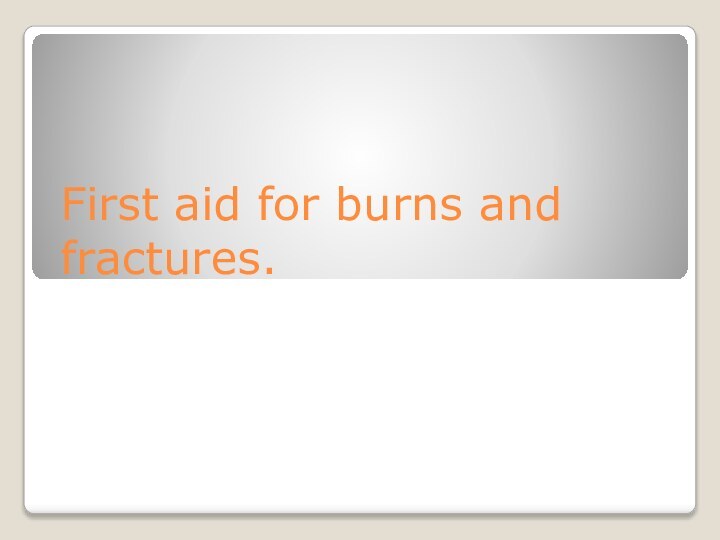
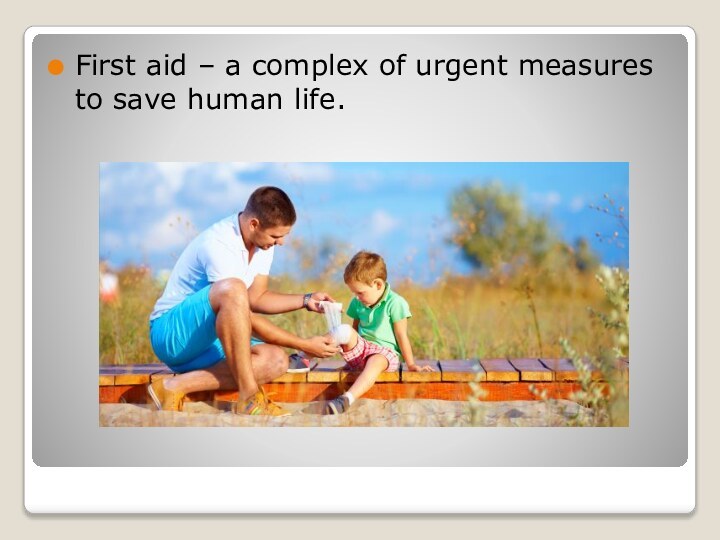
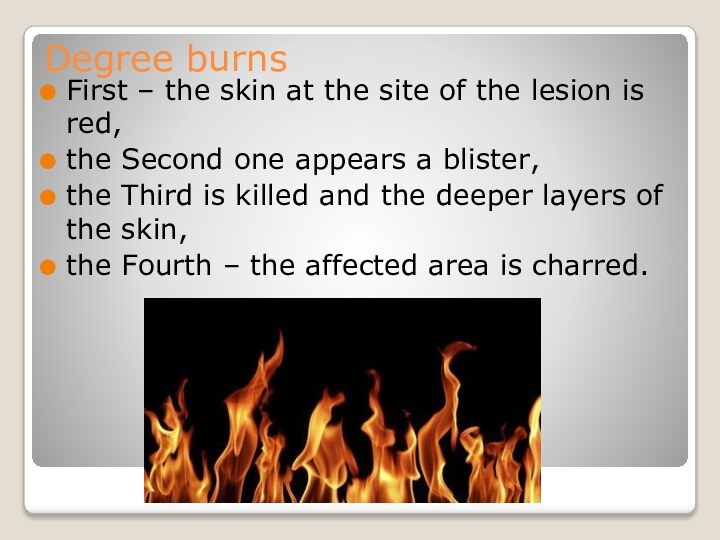
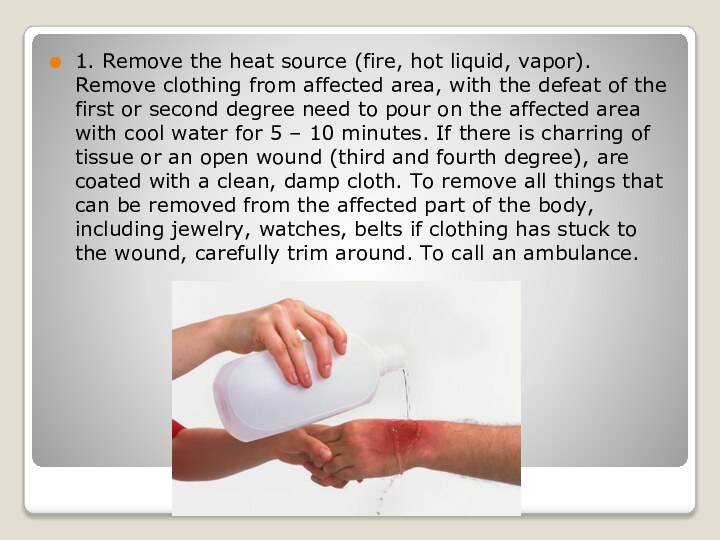
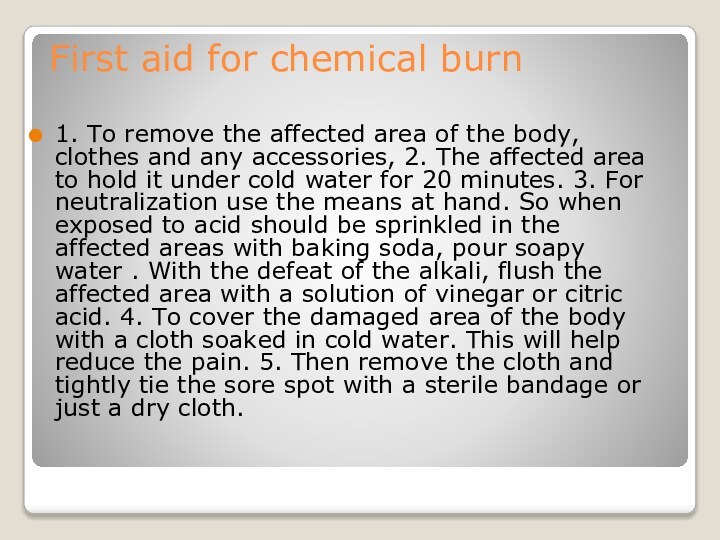
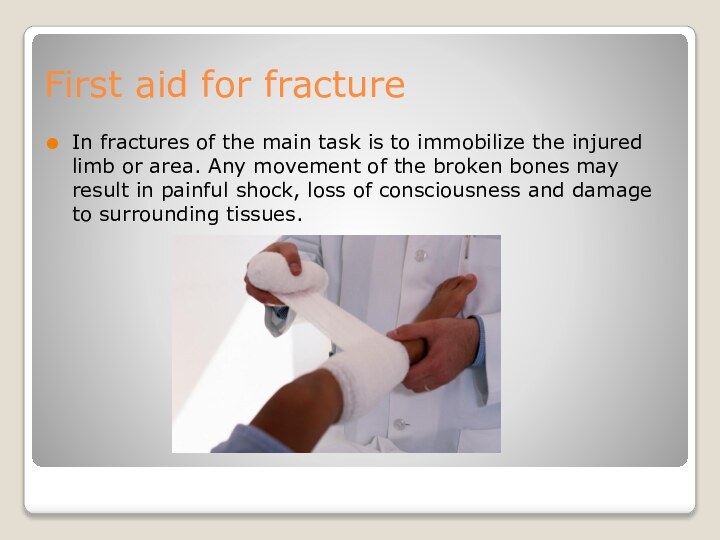
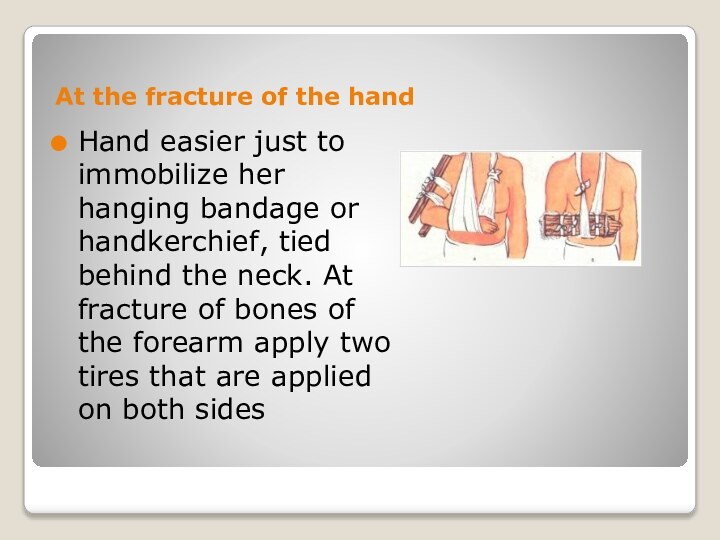
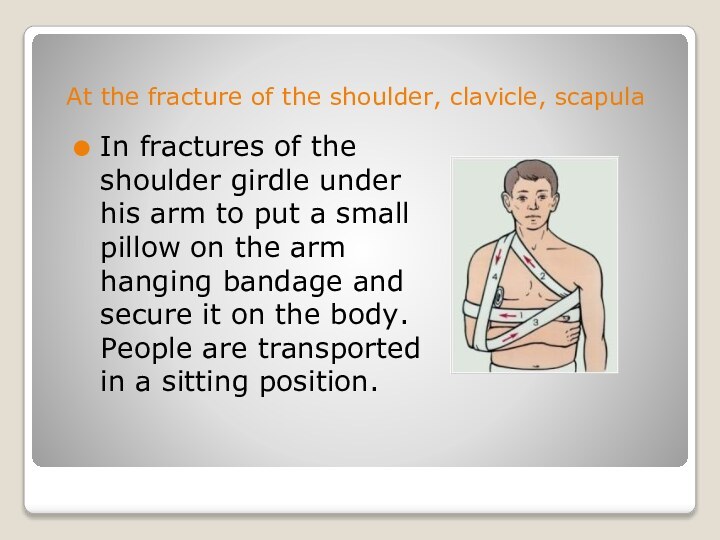
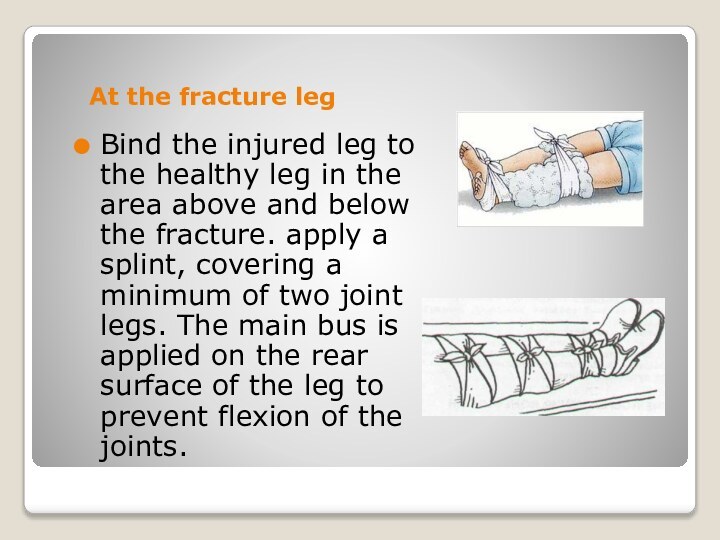

Слайд 3
Degree burns
First – the skin at the site
of the lesion is red,
the Second one appears
a blister, the Third is killed and the deeper layers of the skin,
the Fourth – the affected area is charred.

